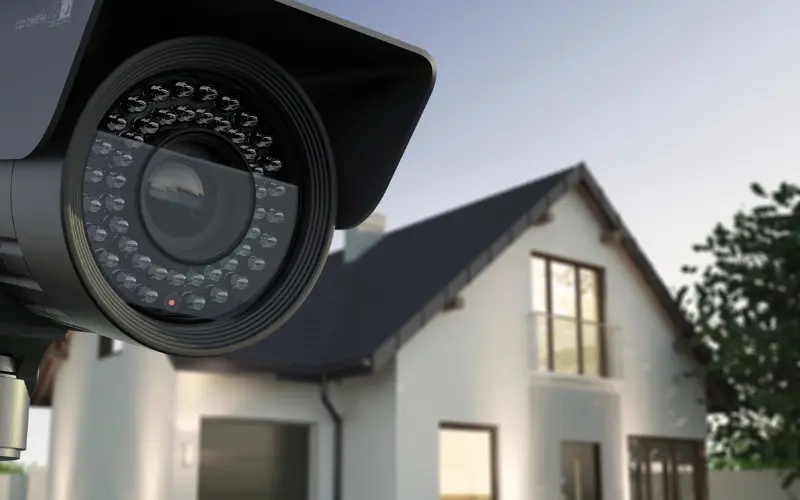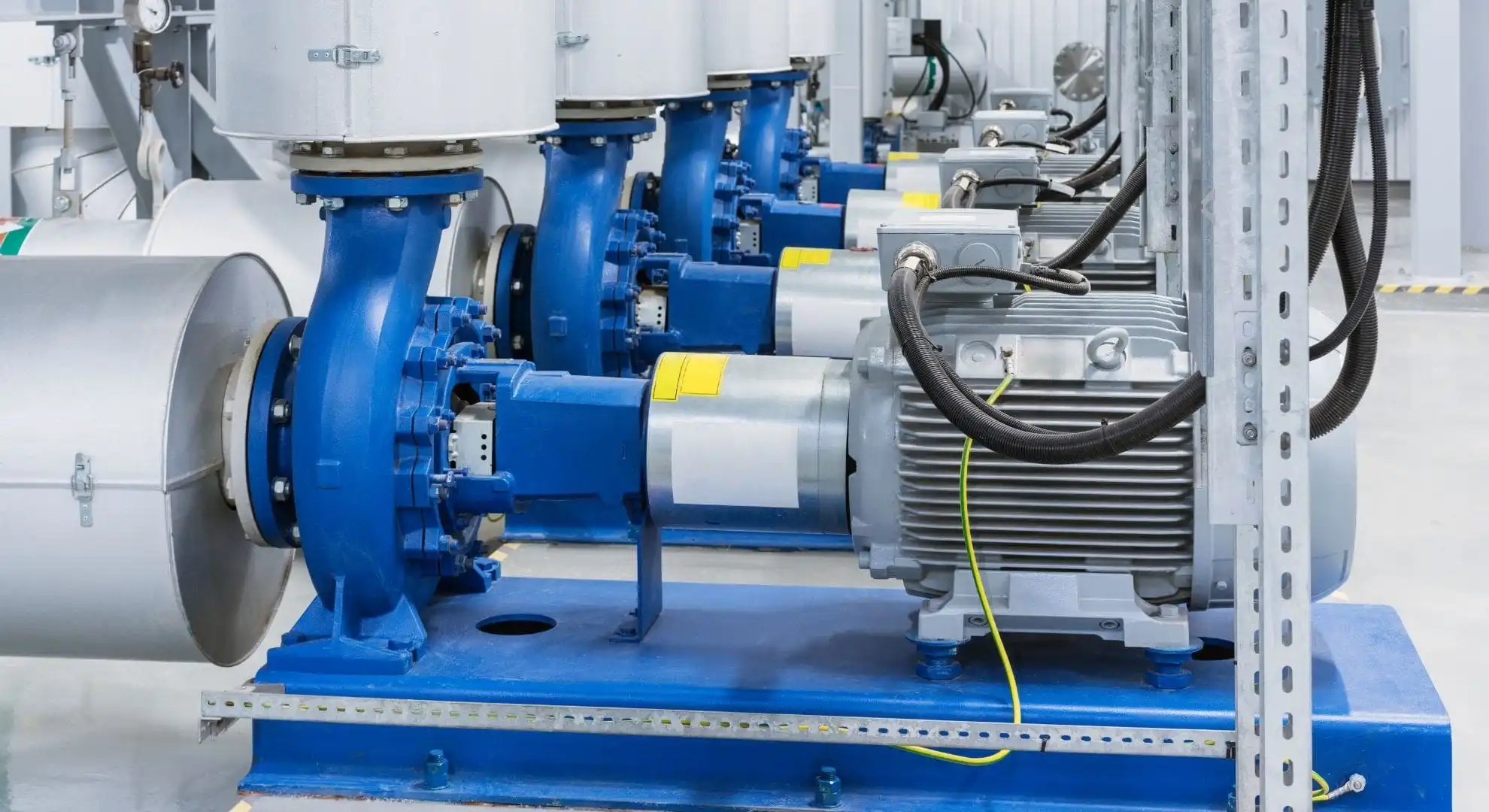Selecting the right security systems that offer 24/7 monitoring is crucial for effective business security. In today’s fast-paced business landscape, it is essential to protect your company’s assets and ensure the safety of personnel and sensitive information.
This article provides valuable insights and tips for choosing security systems that can enhance your overall security posture. By understanding the importance of continuous monitoring and evaluating different types of security systems and providers, you can make informed decisions and maintain a secure environment for your business.
Key Takeaways
- 24/7 monitoring is crucial for effective business security, providing constant surveillance and immediate response to potential security breaches.
- Advanced technology such as video surveillance, motion sensors, and access control systems can promptly identify and address unauthorized entry or suspicious behavior.
- Round-the-clock monitoring serves as a strong deterrent to criminals and ensures a rapid response to emergencies, reducing potential damage and increasing the chances of apprehending perpetrators.
- When choosing security systems, it is important to assess your specific security needs, look for features that meet those needs, choose a reliable provider with excellent customer support and consider factors such as reputation, expertise, and customization options.
Importance of 24/7 Monitoring
The importance of 24/7 monitoring cannot be overstated when it comes to ensuring effective business security. With the ever-increasing threats and risks faced by businesses today, having a robust monitoring system in place is essential for safeguarding assets, data, and personnel.
24/7 monitoring provides constant surveillance and immediate response to any potential security breaches, offering peace of mind to business owners and employees alike.
One of the primary benefits of round-the-clock monitoring is the ability to detect and deter criminal activity in real-time. Through the use of advanced technology such as video surveillance, motion sensors, and access control systems, any unauthorized entry or suspicious behavior can be promptly identified and addressed. This proactive approach not only prevents potential losses but also serves as a strong deterrent to would-be criminals.
Furthermore, 24/7 monitoring ensures a rapid response to emergencies. In the event of a security breach or a critical incident, such as a fire or a break-in, monitoring systems can immediately alert the relevant authorities and initiate an appropriate response. This quick reaction time significantly reduces the potential damage and increases the chances of apprehending the perpetrators.
Moreover, continuous monitoring allows for comprehensive data collection and analysis. By capturing and analyzing security-related data, businesses can identify patterns, vulnerabilities, and areas for improvement. This valuable information can then be used to enhance security protocols, implement preventive measures, and optimize resource allocation.

Key Factors to Consider
When considering security systems for your business, there are several key factors to take into account. These factors will help you make an informed decision and ensure that your business is well-protected. Here are three important factors to consider:
- Security Needs: Assess your specific security needs and determine what level of protection is required for your business. Consider factors such as the size of your premises, the number of employees, and the nature of your business operations.
- System Features: Look for security systems that offer a range of features to meet your specific requirements. Consider features such as surveillance cameras, access control systems, alarm systems, and remote monitoring capabilities.
- Reliability and Support: Choose a security system provider that offers reliable equipment and excellent customer support. Look for providers that offer round-the-clock monitoring and quick response times in case of an emergency.
Taking these key factors into consideration will help you choose a security system that provides effective protection for your business, giving you peace of mind and ensuring the safety of your employees and assets.
Assessing Your Business Security Needs
To effectively assess your business security needs, consider evaluating the specific requirements of your organization. Start by identifying the potential risks and vulnerabilities that your business may face. This could include physical threats such as burglary, vandalism, or unauthorized access, as well as digital threats like data breaches and hacking.
Assess the value of your assets and determine what level of protection is necessary for each. Consider the layout of your premises and the number of entry points that need to be monitored. Additionally, think about the number of employees and customers who will be present, as well as any specific industry regulations that you need to comply with.
Different Types of Security Systems
One crucial aspect to consider when choosing security systems is understanding the different types available and their specific features and benefits. Here are three types of security systems that businesses can choose from:
- Surveillance Systems: These systems use cameras and video recording to monitor and record activities in and around the premises. They provide real-time monitoring and can be accessed remotely, allowing business owners to keep an eye on their property even when they are not physically present.
- Alarm Systems: Alarm systems are designed to detect unauthorized entry or suspicious activities. They typically include sensors that trigger an alarm when a breach is detected. These systems can be connected to a monitoring center, which can dispatch authorities in case of an emergency.
- Access Control Systems: Access control systems are used to manage and restrict entry to specific areas within a building. They can include key cards, biometric scanners, or keypad entry systems. These systems provide an added layer of security by ensuring that only authorized personnel can access sensitive areas.
Understanding the different types of security systems can help businesses make an informed decision and choose the system that best meets their security needs.
Evaluating Security System Providers
To ensure effective business security, it is essential to carefully evaluate security system providers for their reliability, expertise, and range of services offered.
When evaluating security system providers, it is important to consider their track record and reputation. Look for providers with a proven history of delivering reliable and effective security solutions.
Additionally, consider the expertise of the provider. A knowledgeable and experienced provider will be able to assess your business’s unique security needs and recommend the most appropriate solutions.
It is also important to evaluate the range of services offered by the provider. Look for providers that offer a comprehensive suite of services, including surveillance systems, access control, alarm systems, and 24/7 monitoring.
Making an Informed Decision
When considering security system providers, it is crucial to gather all necessary information to make an informed decision. Here are some key factors to consider:
- Reputation: Look for providers with a strong track record of delivering reliable security systems and excellent customer service.
- Expertise: Choose a provider that specializes in the type of security system you need, whether it’s video surveillance, access control, or alarm systems.
- Customization: Ensure that the provider can tailor their solutions to meet your specific business needs, taking into account factors such as the size of your premises and the level of security required.
By taking the time to research and evaluate different security system providers, you can make an informed decision that will provide your business with the effective security it needs.
Frequently Asked Questions
What Are the Benefits of 24/7 Monitoring for Business Security?
24/7 monitoring for business security offers several key benefits.
Firstly, it provides continuous surveillance, ensuring that any unusual activity or security breaches are immediately detected and addressed. This helps to prevent potential threats and minimize the risk of loss or damage.
Additionally, real-time monitoring allows for quick response times in the event of an emergency, enhancing overall safety and security.
Furthermore, having a system in place that operates around the clock provides peace of mind for business owners, knowing that their premises are constantly protected.
How Do I Determine the Key Factors to Consider When Choosing a Security System?
When choosing a security system for your business, it is important to consider several key factors.
Firstly, assess your specific security needs and the vulnerabilities of your premises.
Next, research different security system options and determine their compatibility with your business operations. Consider factors such as the system’s reliability, ease of use, scalability, and integration with other security measures.
Additionally, evaluate the reputation and customer support of the security system provider.
What Factors Should I Assess to Determine My Business Security Needs?
To determine your business security needs, there are several factors that should be assessed.
Firstly, consider the location and physical layout of your business premises. This will help determine the type and number of security systems required, such as surveillance cameras or access control systems.
Secondly, analyze the level of risk and potential threats your business may face, such as theft or vandalism.
Lastly, consider the size of your business and the number of employees, as this will impact the scale and complexity of the security systems needed.
What Are the Different Types of Security Systems Available for Businesses?
There are several different types of security systems available for businesses. These systems can range from basic alarm systems to more advanced options such as access control systems and video surveillance.
Alarm systems are a popular choice as they can alert business owners or security personnel in the event of a break-in or unauthorized access.
Access control systems, on the other hand, provide an extra layer of security by allowing only authorized individuals to enter specific areas.
Video surveillance systems can also be beneficial for monitoring and recording activities within and around the business premises.
How Can I Evaluate Security System Providers to Ensure I Make an Informed Decision?
When evaluating security system providers to make an informed decision, it is important to consider several factors.
Firstly, assess the provider’s reputation and track record in the industry. Look for customer reviews and testimonials to gauge their level of customer satisfaction.
Additionally, consider the range of services and features offered by the provider, ensuring they align with your specific security needs.
Lastly, evaluate the provider’s customer support and response time, as prompt assistance is crucial in ensuring effective security measures.
Conclusion
In conclusion, selecting security systems that offer 24/7 monitoring is crucial for ensuring effective business security in today’s rapidly evolving landscape. Continuous monitoring enables proactive detection and response to threats, minimizing risks to assets, personnel, and sensitive information.
By considering factors such as business security needs, types of security systems, and evaluating providers, businesses can make informed decisions to enhance their overall security posture.
Implementing advanced technologies and comprehensive surveillance measures is essential for maintaining a secure environment and safeguarding critical assets.
You may also like to read:
Business Benefits of Orthodontic Program Software



